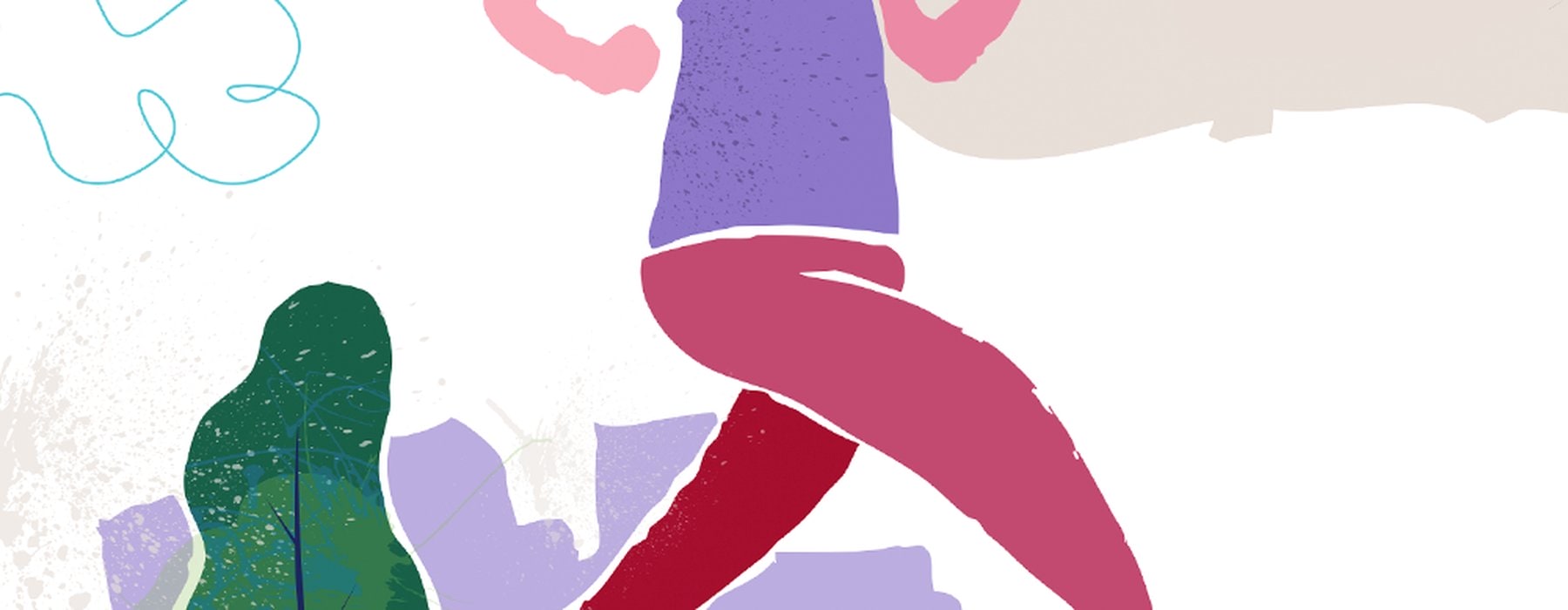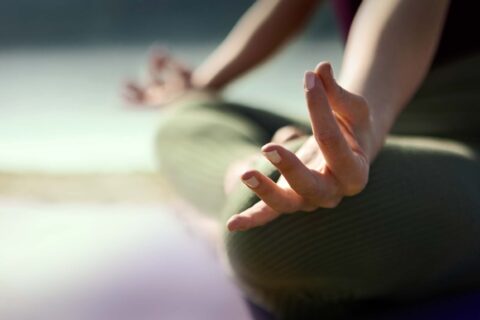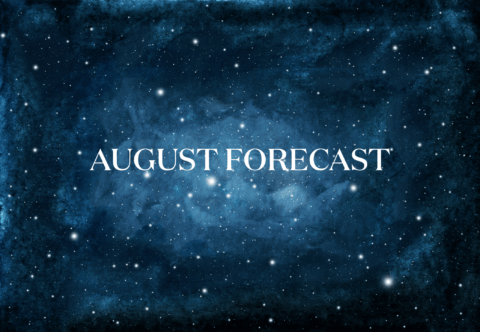Sharon Stephenson chases silent solitude and reaps the benefits of regular running.
Fifteen minutes into it, judgement wraps her sweaty arms around me. As I try to push her away, she hangs there, heavy as a rock, loudly mocking me.
“Why do you think you can run 10km,” she snarls, unkindly. “You’re too old, too fat and too unfit. Give up now.”
That’s the way it’s been pretty much I started running 15 years ago. A snippy voice in my head telling me that I look, and am, ridiculous. Sometimes, I believe her.
While many people love running and are good at it, their gazelle-like legs leaping hills in one single bound, I am not good at running. I’ve got short legs that tire easily, niggling shin splints and breathing that sounds like an asthmatic chicken struggling to escape from a coal-mine.
The hour I spend bothering the tarmac near my home three days a week is definitely not the best hour of my day.
But still I do it. Rain or shine, I drag myself out of bed, dress in the kind of geriatric Lululemon pants and T-shirt that violate every dress code ever known to womankind and cue-up my playlist (Stevie Wonder’s “Superstition” has got me through more I-want-to-give-up moments than I can remember).
Running, say those who know about these things, builds strong bones, improves cardiovascular fitness and strengthens muscles. It’s also said to improve immunity, add years to your life and reduce the risk of cancer and Alzheimer’s. Or something like that.
But that’s not why I do it. I run because, as a woman overly invested in mealtimes, running means I can eat all the food groups, even the “bad” ones. In large quantities. And because it gives me the kind of endorphin rush I experienced during my one and only flirtation with Class A drugs (at an illegal rave in a UK field 20 years ago, but that’s a story for another time).
It’s probably no irony the so-called runner’s high – that brief, deeply relaxing state of euphoria many people feel after a run – has been compared to taking cocaine. Both, apparently, activate a region of the brain called the nucleus accumbens, which plays a central role in the reward circuit, triggering the release of feel-good hormones such as dopamine.
If you’re responsible for small (or not so small) children, you’ll probably laugh at this next bit, because I’m child-free and my only responsibilities are a husband, a small dog and a large mortgage. But I love the glorious alone time of running.
It’s like staring out the window or at the walls during a long shower, a gift of meditative solitude and time to clear my head.
As Haruki Murakami, author of What I Talk About When I Talk About Running writes: “When I’m running, I don’t have to talk to anybody and I don’t have to listen to anybody. All I do is keep on running in my own cosy, home-made void. My own nostalgic silence. And that is a pretty wonderful thing”.
Hallelujah to that.
The real win, though, is to my mood. After a run, I usually feel calmer and less anxious. I’m no longer suffocated by deadlines, by the cranky dude who cut me off on the motorway, or a world increasingly going sideways. I’d be telling porkies if I said it was always this way, but more days than not, I do manage to outrun the gloom.
My relationship with running is a complex thing: as a kid, I was a competitive sprinter who aced the 100m enough times to make it to the nationals. Just as I was finding my stride (sorry), puberty showed up, gifting me breasts and hips and other wobbly bits that made running uncomfortable.
Much later, when I took up jogging, it was a hard road convincing my sprinter-programmed body to slow the heck down. Eventually, there were cross-country runs, 10km charity events and fun-runs.
When I took up jogging, it was a hard road convincing my sprinter-programmed body to slow the heck down
When I lived in Wellington, I joined a weekly running group that gave me the incentive to reassess my on-off relationship with running. I learnt to, if not enjoy it, then at least tolerate it. These days, I live on a rural lifestyle block and run on quiet country roads, where the only witnesses to my less than stellar efforts are cows and sheep who stop doing whatever it is cows and sheep do all day to look at me as if I’m mad.
As I stagger past them, my thighs burning and my lungs on fire, I don’t blame them.
But if the past year has taught us anything, it’s to carpe diem the hell out of life – and that includes dragging my sorry butt around the neighbourhood three times a week. Hopefully this year, though, the annoying judgy voice in my head will decide to stay at home.








